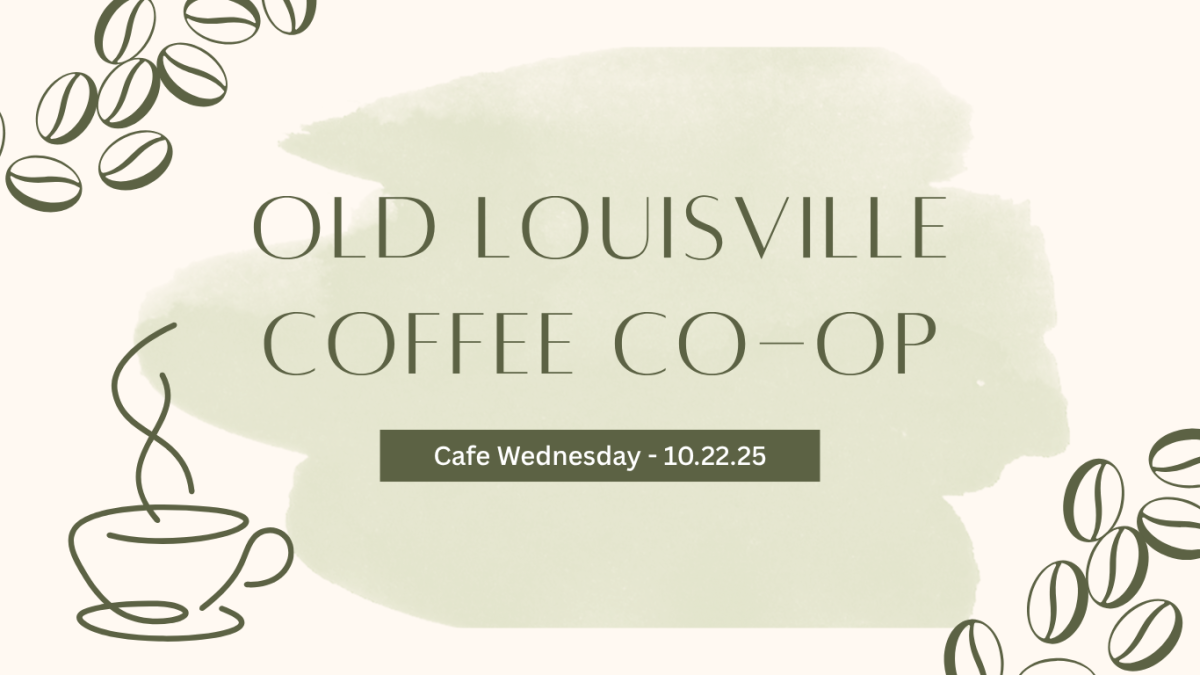Written by Michelle Parada.
The smell of spice filled the kitchen. The stovetop crackled as dough baked and crisped against the heat. My mother flipped and kneaded dough next to the stove, hands covered in corn flour. Peppers and onions lay chopped on a cutting board as I grated cheese into a bowl — my contributions to the meal. As my mother rolled the dough into small balls, she methodically opened the tortilla press sitting beside her and closed it again on the dough, flattening it into a thin circle. The whole house smelled of salsa and melting cheese, and the windows were open to let in the fresh air. Shifting the cooked tortillas off the stovetop, loving hands pinched the edges, filled the now bowl-shaped tortilla with sauce and cheese, and carefully placed each finished product onto a plate. The picaditas were ready.
Picaditas are a traditional street food sold by local vendors and in markets all across Mexico. While they originated in central Mexico, they quickly became popular throughout other regions. My mother was born and raised in Mexico and learned to make picaditas from her mother, who learned from her mother before her. Now, as a second-generation immigrant, I am learning this recipe, along with many others, as well.
There is love behind the recipes my mother teaches me. Eating these foods at home reminds me of the generations of people that have upheld our culture for decades. Yet when I look to find picaditas at Mexican restaurants in America, I struggle. In fact, carnitas, barbacoa — nearly every recipe I’ve grown up with — tastes different, or is nonexistent, in many of America’s Mexican chain restaurants.
Though most Americans would likely claim to have eaten Mexican food at least once in their lives, and some may even claim to be Mexican food fanatics, many have unknowingly never had truly authentic Mexican food.
As a young Hispanic woman who has become well-acquainted with the traditional flavors and recipes my culture has to offer, noticing the differences between my mother’s cooking and Americanized dishes isn’t a surprise anymore. I’ve gone to many restaurants advertised as “Mexican” and been served inauthentic dishes.
Taco Bell, Chipotle Mexican Grill, and Qdoba are well-loved within the United States, and understandably so. These restaurants make traditional Mexican flavors feel more familiar to the American palate. However, no matter how popular the food these restaurants offer may be, the adjustment of traditional recipes by large Mexican chain restaurants not only skews the image of Hispanic recipes but also diffuses the culture behind them. Furthermore, along with spreading a false narrative of what Mexican food looks and tastes like, they’re profiting greatly off of doing so — even at the expense of family-owned Hispanic businesses.
Natalia Martez Garcia, an 18-year-old Mexican woman working at Panchitos, a Mexican dessert restaurant in Louisville, explained how many of the dishes that are prepared in the restaurant are very similar, if not identical, to the ones made back in Mexico.
“Those snacks … and many other prepared snacks made here are like the ones there — same with the ice cream,” Garcia said, pointing to the top shelf where many snacks were located.
From chocolate-dipped bananas, esquimales, and Mexican ice cream, Panchitos offers a variety of unique and authentic Mexican desserts that can be hard to find within Louisville otherwise. Husband and wife Jose and Alicia Fabian opened up the Preston Highway location of Panchitos in 2015. However, Panchitos was actually first opened in Lexington by Jose Fabian’s parents back in 2009. Since its opening in Louisville, the restaurant and the various recipes they offer have become favorites of many Louisville residents. As a result of its popularity, the restaurant opened a new location on Bardstown Road in 2019.
Though small, family-owned Hispanic restaurants like Panchitos are typically not as popular or well-known as big chains, they are widespread and tend to be appreciated within their individual communities. According to CHD Expert, which collects, analyzes, and manages food service data, 73% of all Mexican food restaurants are independent, meaning that they are locally-owned businesses that operate on a small scale. Within Louisville, Panchitos is just one example. Taquero Mucho, El Taco Loco, Con Huevos, and La Sierra all fit this label of independent restaurants. By focusing specifically on their community, rather than needing to prioritize appealing to generalized American palates, these restaurants are able to stay more true to authentic recipes and add vibrancy and culture to the Louisville community.
Not only do authentic, independently-owned Hispanic restaurants within Louisville combat the inaccurate or Americanized recipes served by many big chains, they also combat the cultural grouping that is extremely common among the chain industry.
I come from two different cultures — Mexican culture from my mom’s side of the family and El Salvadoran culture from my dad’s. In Chicago, where I lived for the first 10 years of my life, El Salvador’s and Mexico’s unique cultures were equally represented, making it easier to appreciate both of them. However, once my family moved to Louisville, it was difficult to find that kind of specificity in Hispanic restaurants. The variety I was used to made it harder to adjust to Louisville. Though Louisville is still fairly diverse, a lot of Hispanic cultures, and more specifically, Hispanic foods, are colloquially labeled under the umbrella term of “Mexican.” “Let’s go get Mexican food,” can mean food that is traditionally Cuban, Salvadoran, or even more commonly, just American. As a result of this categorization, the diversity within the Hispanic world is simplified into one label that doesn’t do it justice.
Junior Moreno, a former student at Fairdale High School and the 25-year-old son of the owner at Señor Pupusas, a Central American restaurant, spoke about how he grew up around Salvadoran cuisine.
“My mom used to sell food out of a trailer and people were like ‘Well, you gotta open your own restaurant.’ Fast forward years later, we finally decided to open it,” Moreno said. “Everything we sell here is 100% authentic. We sell Honduran food, Salvadoran food, and also Mexican food.”
The restaurant is fairly new to Louisville, having opened just two years ago, but is already well-loved in the Okolona, Prairie Village, and Fairdale area. Many of the recipes at Señor Pupusas were passed down from generation to generation in Moreno’s family. All of the dishes served at their restaurant have their own history in their origin countries. Unlike big chains, this variety of foods is displayed proudly.
Even within a single culture, there can be distinct differences in cuisine. Mexican cuisine alone is more complex than many people realize.
Within Mexico, there are seven different food regions — Norteño (Northern Mexico), Bajacaliforniano (Baja California), Oaxaqueño (Oaxaca), Jalisciense (Jalisco), Veracruzano (Veracruz), Yucateco (Yucatan), and Poblano (Puebla & Mexico City). When all of these are categorized under the label of “Mexican food,” it causes the dish to lose a part of its identity, ultimately diffusing the culture behind it. Many restaurants use mixtures of all these regions and like to make things easier by categorizing them under just “Mexican.” Although this label is not technically wrong, there is a deeper meaning that gets undermined by its simplicity.
Gulliermo Ramirez and Agustino Gutierrez, the owners of Taquero Mucho, are from different regions of Mexico. Their mixture of Oaxacan and Guanajuato cuisine adds a unique, culturally specific, and accurate addition to Louisville’s Mexican food scene. Like Señor Pupusas, Taquero Mucho is also new to Louisville, having opened just a year ago.
“I come from the Baja zone of Mexico, and I had the opportunity to come to this country and I saw that I had business opportunities there. And I said, ‘One day I’m going to be in business,’” Ramirez said.
As Louisville continues to bring in more and more people who open authentic Hispanic restaurants, Louisville residents are provided with an opportunity to expand their palates and combat the misrepresentation of cultural foods within America as a whole.
Within Louisville’s family-owned, independent Hispanic restaurants, there is a rich spreading of genuine Hispanic culture that allows me to be confident that my culture’s traditional recipes are being preserved and passed down. With the same care and love my mom makes her picaditas, authentic kitchens within Louisville are cooking up and serving a vibrant culture to the Louisville community. It’s simply our city’s choice now whether or not they want to take a taste. •


















